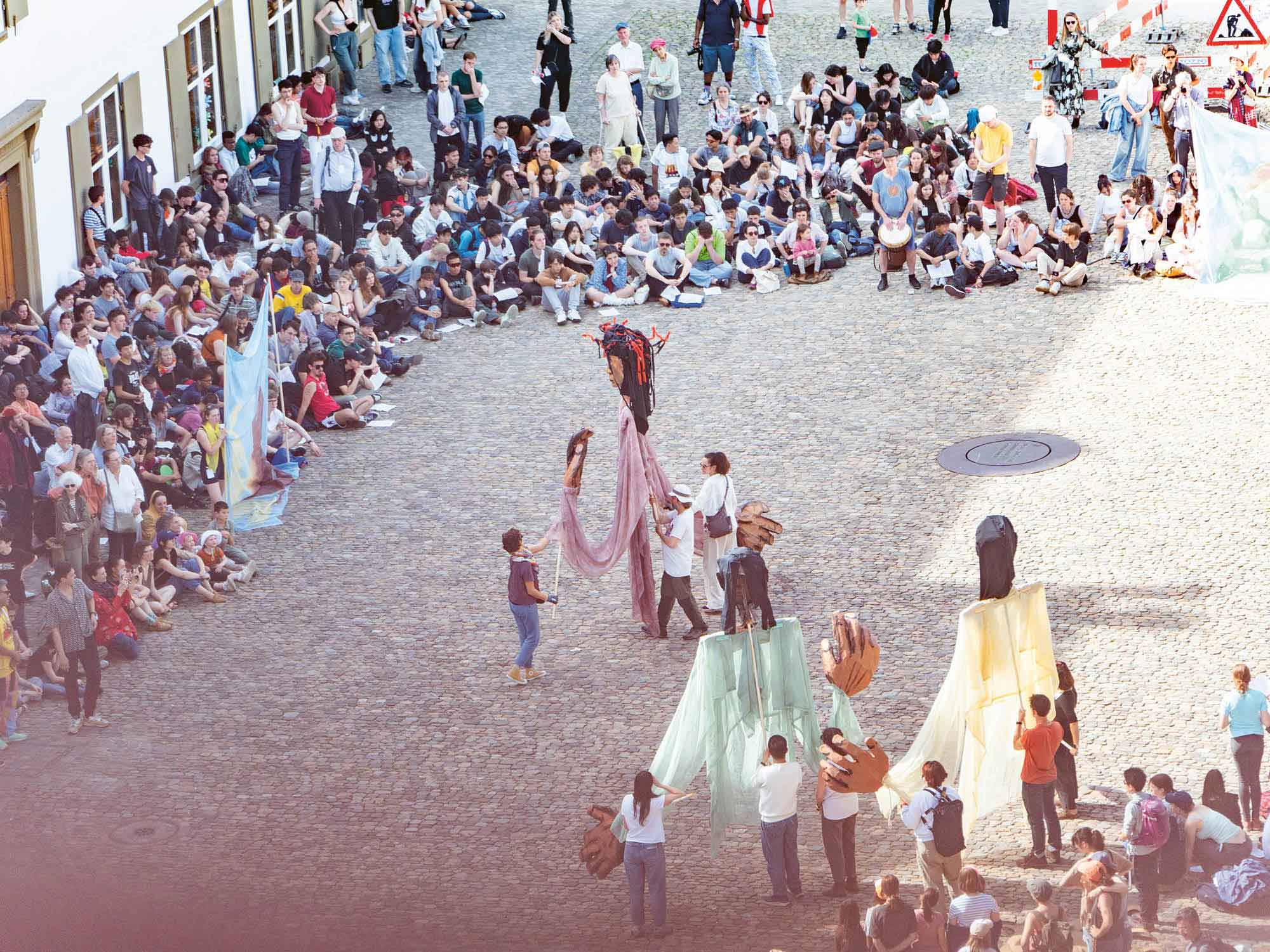Do we just have to want it?
I’m finalizing this week’s issue and editing texts. My son is at home and hears me on the phone talking about the missing “lead” for the article about the Peacemaker. Later he asks me: “Do you have to make a song about peace for the newspaper?” [In German, the word for song is Lied, pronounced “lead”.] I try to explain that a “lead” is not a “song”—it’s a short paragraph before an article to help engage the reader, but I give up because my son has long since moved on to more important thoughts. I drop it and say: “Yeah, sure, can’t you make a song about peace for me while I finish up here?” There’s a brief silence, a small dramatic gesture, and then he sings it to me:
Once, there is a battle, everything is destroyed, everything explodes. Then peace comes, and all the lands that have been devastated up to now are beautiful again. All people make peace.
And I think: despite all the real and lauded complexity of the world, he is right. There is a will to peace that is quite simple. It sounds black and white. But you can only mean “peace” if you want it entirely; you can’t hang on to just a little peace. Childlike, youthful clarity is simplistic—but it is a truth without compromise that confronts us with a simple question: do we want it or not?
Translation Laura Liska
Image Highlight of the International Student Conference: “Peacemaker” played in front of Basler Münster. Photo: Xue Li.









